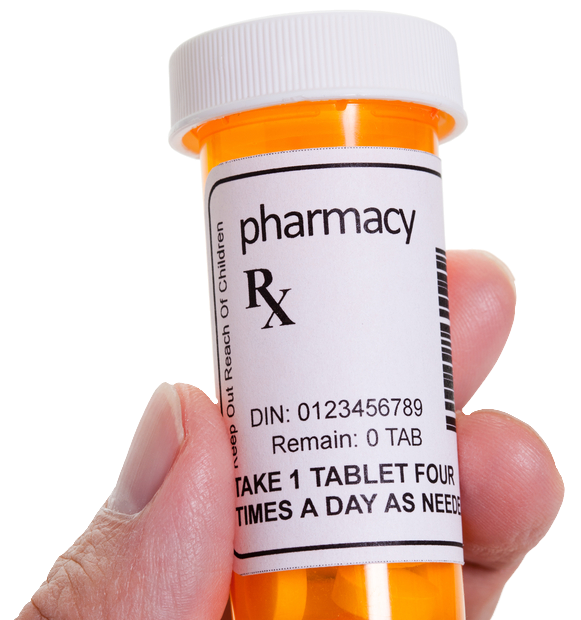What Pain Medications Are Safe to Use After Gastric Sleeve?
 Our bariatric surgeons have established themselves as leaders in the field based in Tijuana. Countless patients from San Diego and Southern California have visited his practice just over the border, knowing that they can undergo advanced weight loss surgeries such as gastric sleeve at a reduced cost but not with reduced quality in care.
Our bariatric surgeons have established themselves as leaders in the field based in Tijuana. Countless patients from San Diego and Southern California have visited his practice just over the border, knowing that they can undergo advanced weight loss surgeries such as gastric sleeve at a reduced cost but not with reduced quality in care.
One of the major reasons that our surgeons are so trusted is their commitment to patient education and wellness. With that in mind, we'd like to consider the issue of pain and pain relief after weight loss surgery, with a focus on the types of pain medications that bariatric surgery patients are allowed to take.
Pain and Discomfort Are Common After Bariatric Surgery
Bariatric surgery of all kinds puts your body through many changes that should not be taken for granted. Even a low-maintenance and less complex surgical procedure like gastric sleeve surgery will result in post-surgical discomfort of some form.
After early monitoring in the medical center to ensure the patient is free from complications, patients will be able to leave to recover at home. Pain relievers can be taken to help alleviate the soreness and discomfort, but certain kinds of medications should simply not be taken.
Avoid Taking Non-Steroidal Anti-Inflammatory Drugs (NSAIDs)
As we noted in a previous blog post, bariatric surgery patients should avoid taking non-steroidal anti-inflammatory drugs (NSAIDs). This includes:
- Aspirin (e.g., Bayer, Excedrin)
- Ibuprofen (e.g., Advil, Nuprin, Motrin)
- Naproxen (e.g., Aleve)
This also includes prescription NSAIDs, such as the following:
- Lodine
- Vimovo
- Relafen
- Daypro
- Voltaren
- Indocin
The issue with NSAIDs is that these kinds of drugs affect the stomach's ability to create mucous that protects the stomach's lining from gastric fluid. Exposure to gastric fluid means an increased risk of stomach bleeding, ulcers, and even a perforation in the stomach lining. Following surgery, any increased risk of perforation to the healing stomach pouch means increased chances of a major medical complication.
Approved Pain Relief: Opioids
Opiod drugs such as hydrocodone (e.g., Vicodin), oxycodone (e.g., OxyContin, Percocet), morphine (e.g., Kadian, Avinza), and codeine can also be taken. These medications need to be prescribed and used with caution, however, since they can prove addictive. We take great care when it comes to prescribing these kinds of pain relievers.
Approved Pain Relief: Acetaminophen (Paracetamol)
Acetaminophen-based pain relievers such as Tylenol and various prescription drugs are also approved for use by bariatric surgery patients. It's not uncommon for acetaminophen drugs to be combined with opioids to relieve discomfort.
How long will the pain after weight loss surgery last?
Pain after weight loss surgery will typically last for a few weeks, though patients will notice significant reduction in pain after the first week to two weeks. It's important that patients get a lot of rest and avoid all strenuous physical activities based on their surgeon's post-operative instructions.
Follow All Recommendations Made By Your Bariatric Surgeon
As you recovery, there will be various recommendations for your diet and activity level. These will help with the healing process and allow you to transition into your new life after the surgery has been performed. Follow these instructions to the letter, and always feel free to contact our team about your recovery process if you have any concerns.
Learn More About Gastric Sleeve Surgery
For more information about gastric sleeve and how it can help you achieve a slimmer frame and healthier overall lifestyle, be sure to contact our bariatric surgery center today.




